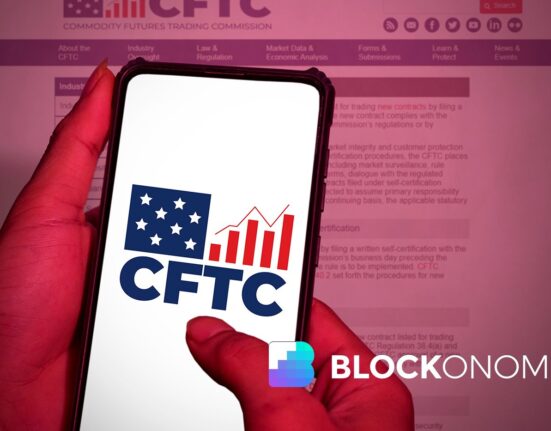TLDR:
- South Korea joins OECD’s crypto data sharing pact, requiring exchanges to report foreign investors’ transactions beginning in 2026
- Domestic investors trading on overseas exchanges will have their records shared with Korea’s National Tax Service under CARF rules
- Full data exchange between South Korea and 48 countries will launch in 2027 to curb offshore tax evasion risks in crypto
- National Tax Service recorded KRW 11.1 trillion in overseas crypto assets this year, up KRW 700 billion from last year
South Korea has committed to joining the OECD’s new Crypto-Asset Reporting Framework. The move will require exchanges such as Upbit and Bithumb to begin collecting transaction data from foreign investors starting next year.
Information will then be shared with tax authorities across participating countries beginning in 2027. Korean residents trading on overseas crypto platforms will also see their records reported directly to the National Tax Service. Officials emphasized that the agreement focuses on transparency and is not equivalent to taxation.
Exchanges to Report Crypto Transactions
According to local media, the Ministry of Economy and Finance confirmed the plan on September 1.
Under the framework, domestic exchanges will need to submit personal and trading details of foreign users to their home tax agencies. Each country will upload the data into the OECD’s system to identify offshore activity by its investors.
The government will release detailed regulations through an administrative notice later this month.
Wu Blockchain reported that the agreement was signed at the OECD Global Forum in November last year. The system, known as CARF, was designed to help 48 countries share virtual asset data on an annual basis.
The Ministry said the aim is to establish a standard for exchanging information among tax authorities worldwide.
South Korea will join the OECD’s Crypto-Asset Reporting Framework (CARF), sharing foreign investors’ transactions on local exchanges like Upbit and Bithumb with other countries, while Korean residents’ overseas crypto trades will be reported to the National Tax Service. The…
— Wu Blockchain (@WuBlockchain) September 2, 2025
Overseas Trading by Koreans to Be Monitored
The reporting will not only target foreigners on Korean platforms. Transaction records of Korean residents trading overseas will also be captured and sent to the National Tax Service.
Currently, only balances above KRW 500 million in foreign accounts require self-reporting. This covers deposits, securities, and virtual assets.
Data from the National Tax Service shows declared overseas virtual assets reached KRW 11.1 trillion this year. That was up KRW 700 billion compared with last year. Under CARF, all overseas trades by Korean nationals will be reported regardless of value.
Officials described this as a way to reinforce the existing financial account reporting framework.
While taxation of domestic crypto gains remains delayed until 2027, countries such as Germany and the United States already tax crypto investments. The Ministry of Strategy and Finance stated that global agreements guide information sharing and must be seen separately from tax policy.








